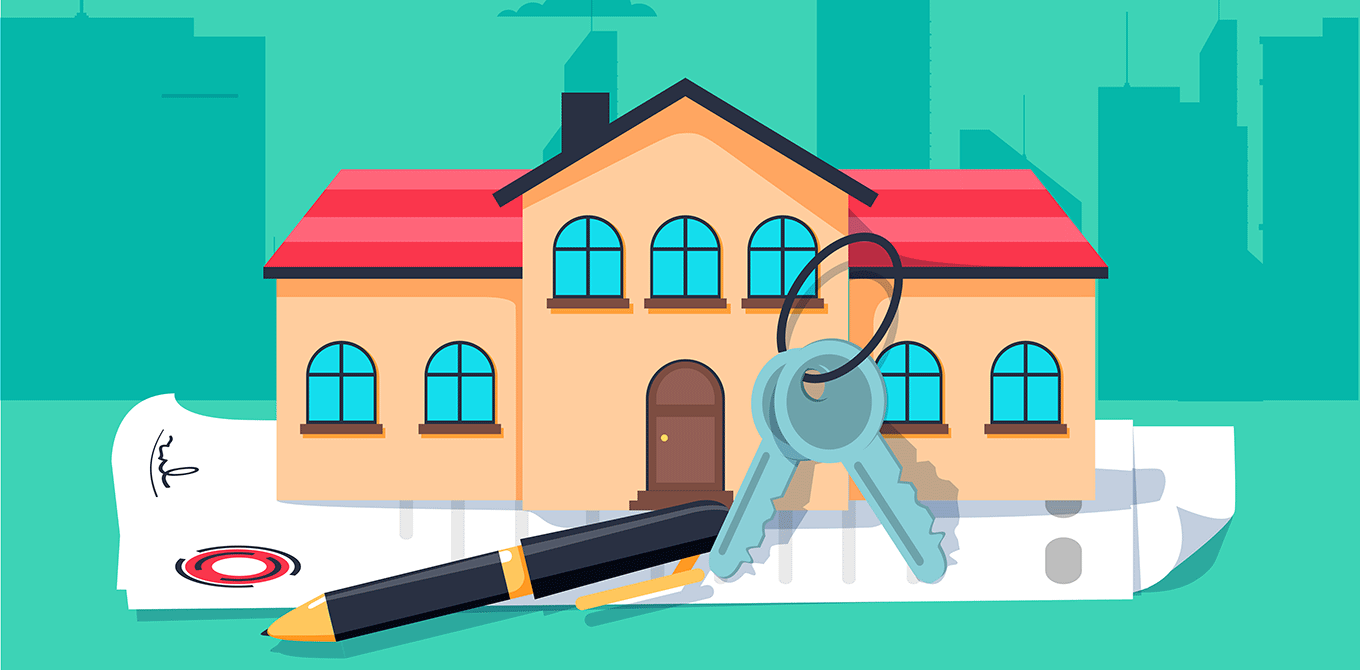Understanding the difference between a Home Equity Line of Credit and Home Equity Loan
If you own a home, one of the most important things to know is how much home equity you've accumulated. In simple terms, home equity refers to the difference between what your home is worth and what you owe on the mortgage.
A home equity loan and a home equity line of credit are two options for borrowing against that amount. You could use the money to consolidate debt, make home repairs or fund a renovation project. But it's important to understand how home equity loans and lines of credit differ.
What is a home equity line of credit?
A home equity line of credit (HELOC) is a revolving credit line, similar to a credit card. You can spend against your credit line and make payments monthly to free up available credit. Interest rates for home equity lines of credit may be fixed or variable.
Home equity line of credit pros:
- Pay interest only on the part of your credit line you're using
- You can spend as little or as much as you'd like of your available credit line
- Interest rates may be lower than a credit card
Home equity line of credit cons:
- Can be expensive if variable interest rates increase
- Monthly payments can fluctuate based on how much of your credit line you're using
Qualifying for a home equity line of credit is similar to qualifying for a home equity loan. Lenders will look at your credit scores, debt-to-income ratio and the amount of equity in your home to determine how much you can borrow. And again, there may be limits on how large of a loan you can secure using your home equity.
Home equity loans, explained
A home equity loan is a lump sum of money you can borrow from a bank, credit union or other home equity lender. Home equity loans often have fixed interest rates and fixed repayment periods. In those respects, they're essentially like second mortgages on your home.
Home equity loan pros:
- Typically have low, fixed interest rates.
- You receive a lump sum of money all at once with predictable monthly payments
- You have flexibility in how you can use loan proceeds
Home equity loan cons:
- There are limits to how much you can borrow
- A low credit score or high debt-to-income ratio could make it difficult to qualify
When considering a home equity loan, it's important to know what lenders look for. For instance, you may need to have a certain amount of equity in your home first before you can borrow against it. And you may be limited on the total amount you can borrow between your first and second home loans.
Aside from that, you'll also want to consider other requirements, such as:
- Minimum credit score needed for approval
- Any origination fees or points the lender may expect you to pay
- Closing costs
- Repayment terms
- Interest rates
Comparing rates, fees, repayment terms and credit requirements can help you narrow down which lender may be the best fit for a home equity loan.
The most important thing to keep in mind with a home equity loan or line of credit is that your home acts as security for the loan. It’s important to make sure you can afford the payments beforehand to avoid putting your home at risk of foreclosure.




